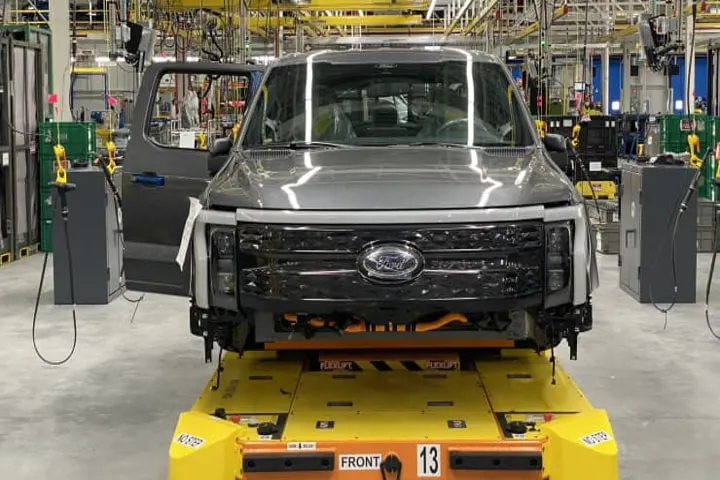Sanctions against Russia following the war in Ukraine are set to jolt the global electric car industry, the key to arresting Climate change.
Non-electric cars are also likely to be badly hit. The price of air conditioners and other mass consumption electric goods are also expected to jump due to shortage of raw materials sourced from Russia. With Russia as the biggest producer of oil and gas, hydrocarbon prices are already soaring—a development that is bound to have a cascading impact on economic vitals, ranging from transportation to food security, of nation-states.
The seismic shocks to the global economy are due to on-going attempts to cut off Russia’s massive raw material exports to the international supply chain networks.
The price of electric cars could shoot up because Russia is a major supplier of nickel, which is a major component of electric car batteries, which are at the heart of the electric car revolution.
With sanctions coming thick and fast, the price of nickel at the London Metal Exchange (LME) soared to $100,000 a tonne. The "evolving situation in Russia and Ukraine" forced the 145-year-old exchange to halt trading, LME announced. Though Russia produces 9.3 per cent of international output, it is the world’s biggest producer of high-grade nickel. Goldman Sachs had predicted a deficit of 100,000 tons, roughly the same level as global stocks, Nikkei Asia reported.
Russia produces 3.5% of the world's copper, 5.4% of aluminium, 9.3% of nickel and 42.8% of palladium. Palladium shortages are likely to hit the international vehicle industry big time as the metal is used in catalytic converters used in car exhausts. Shortages of copper, used in its tubes is likely to make air conditioners costlier.
Analysts say that platinum, already used to contain pollutants in diesel vehicles, could become an alternative to palladium. But the shift is unlikely to make a major dent as Russia controls 14.2% of global supply of the metal .
Also Read: Will China be the ultimate gainer of US sanctions against Russia?




















